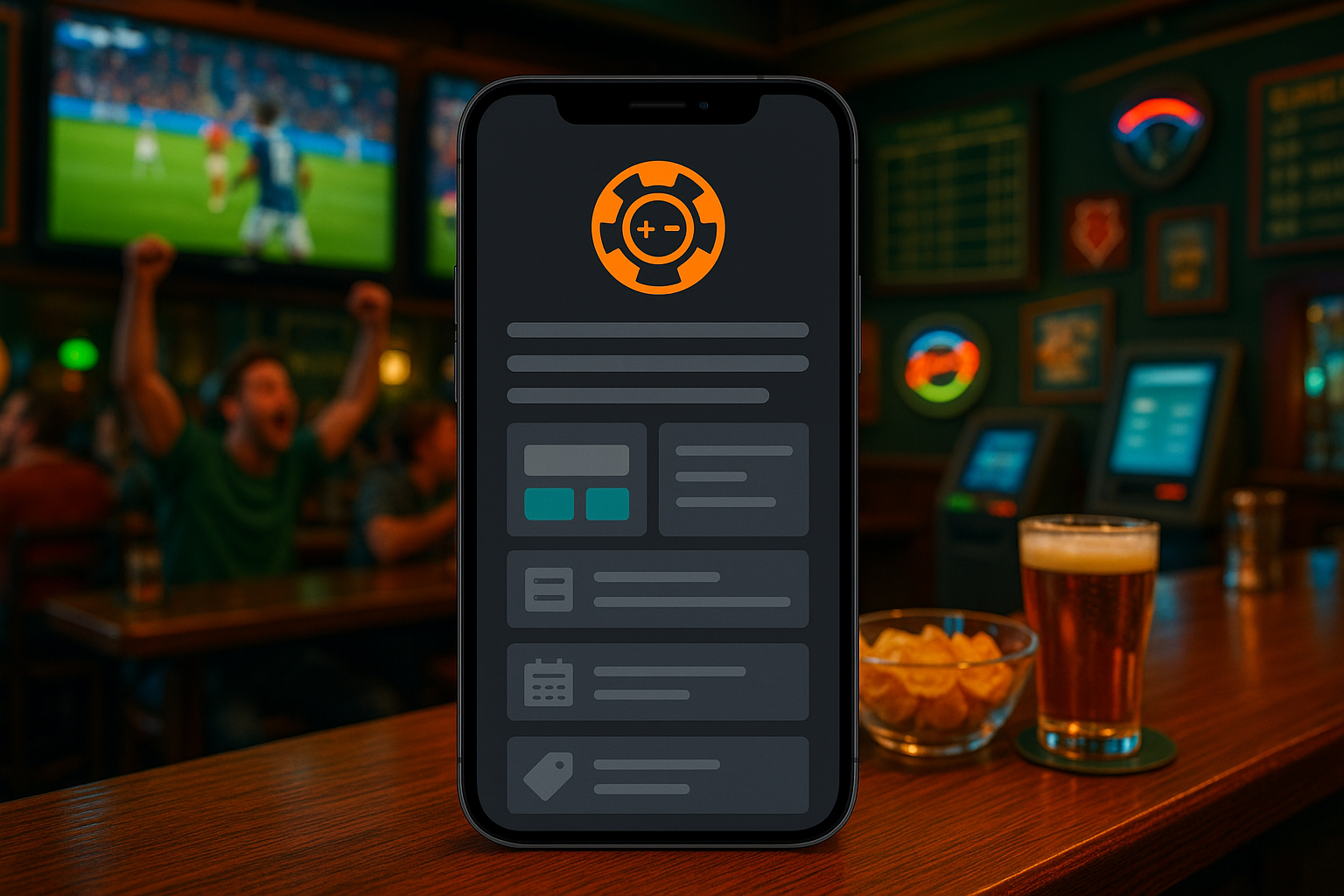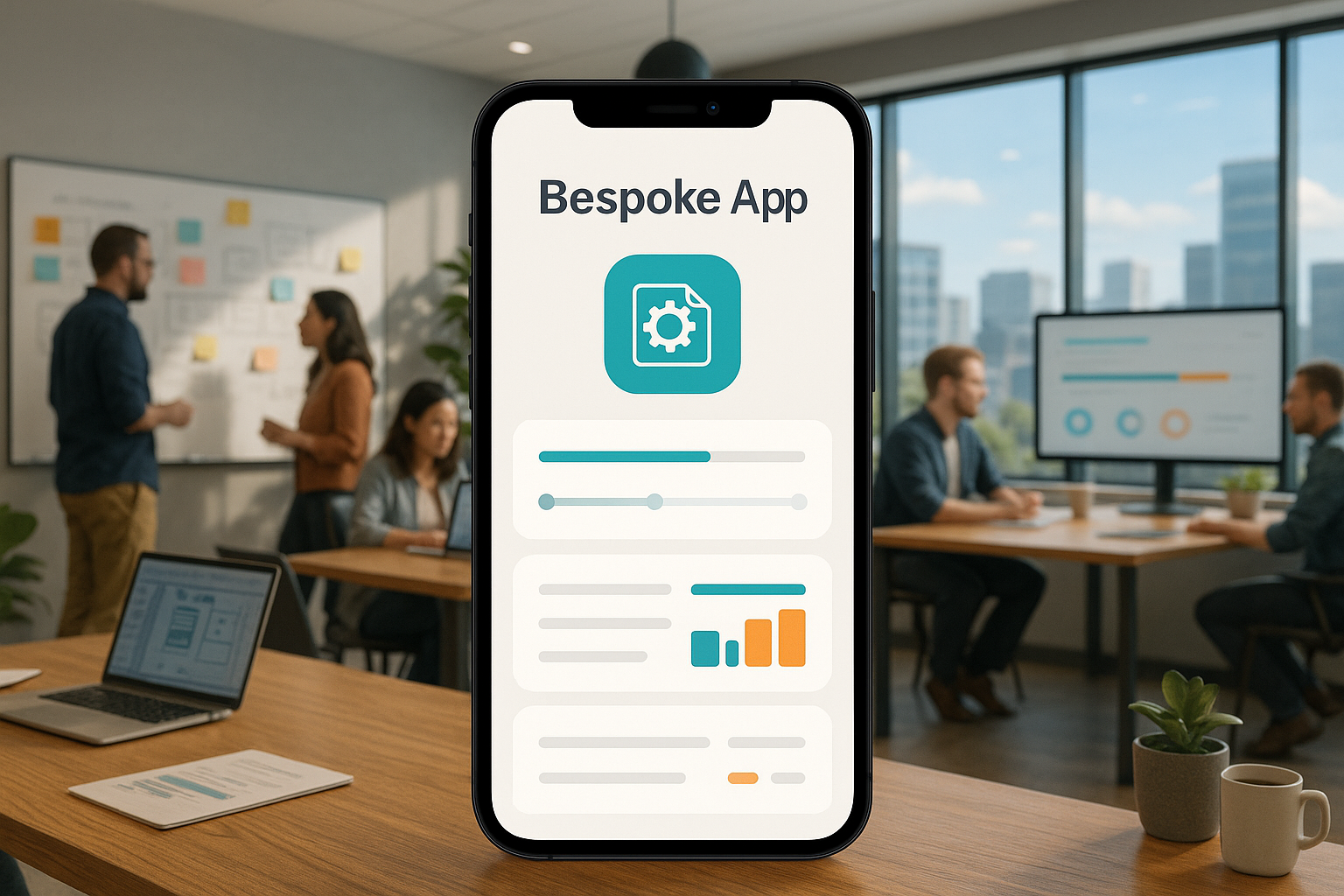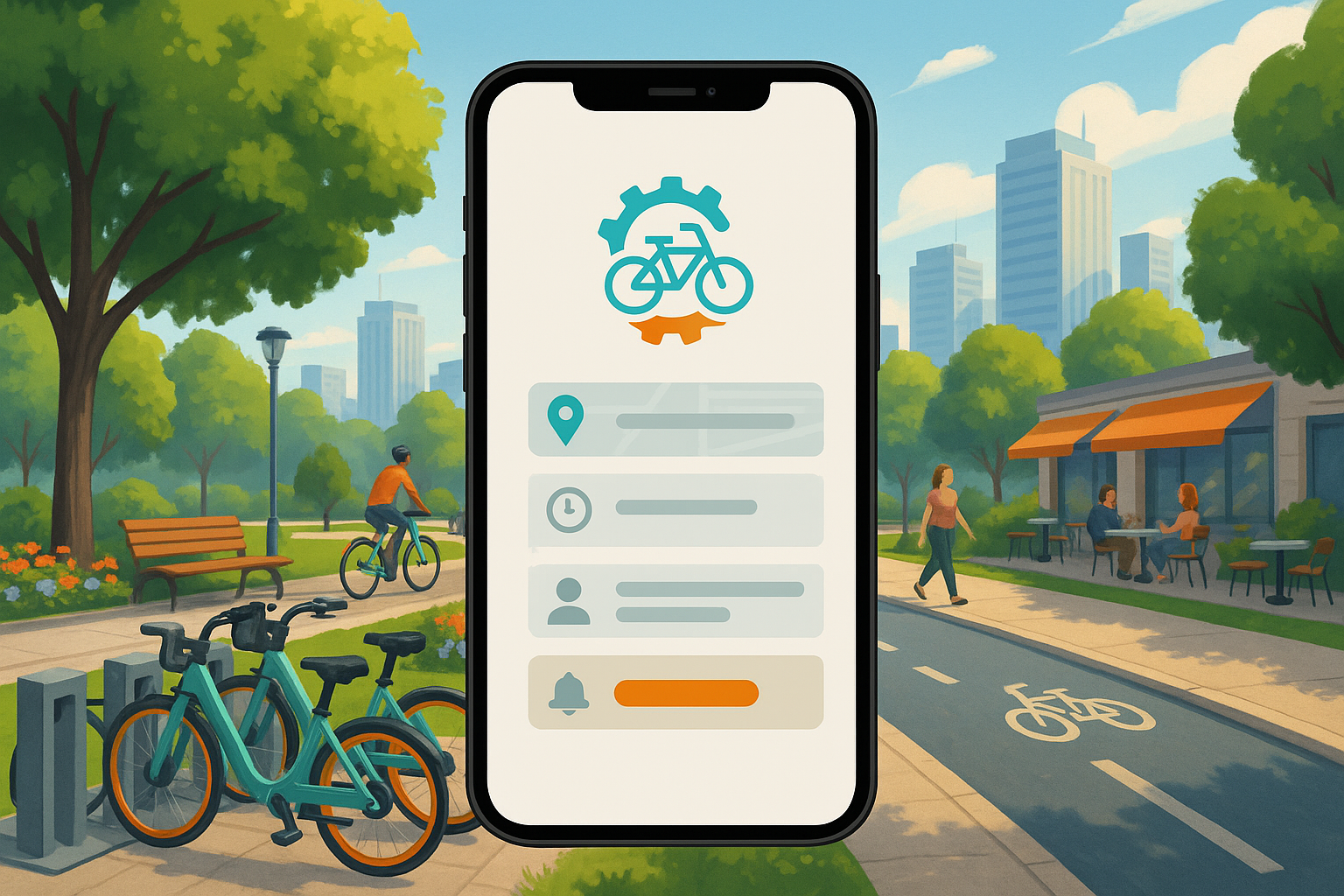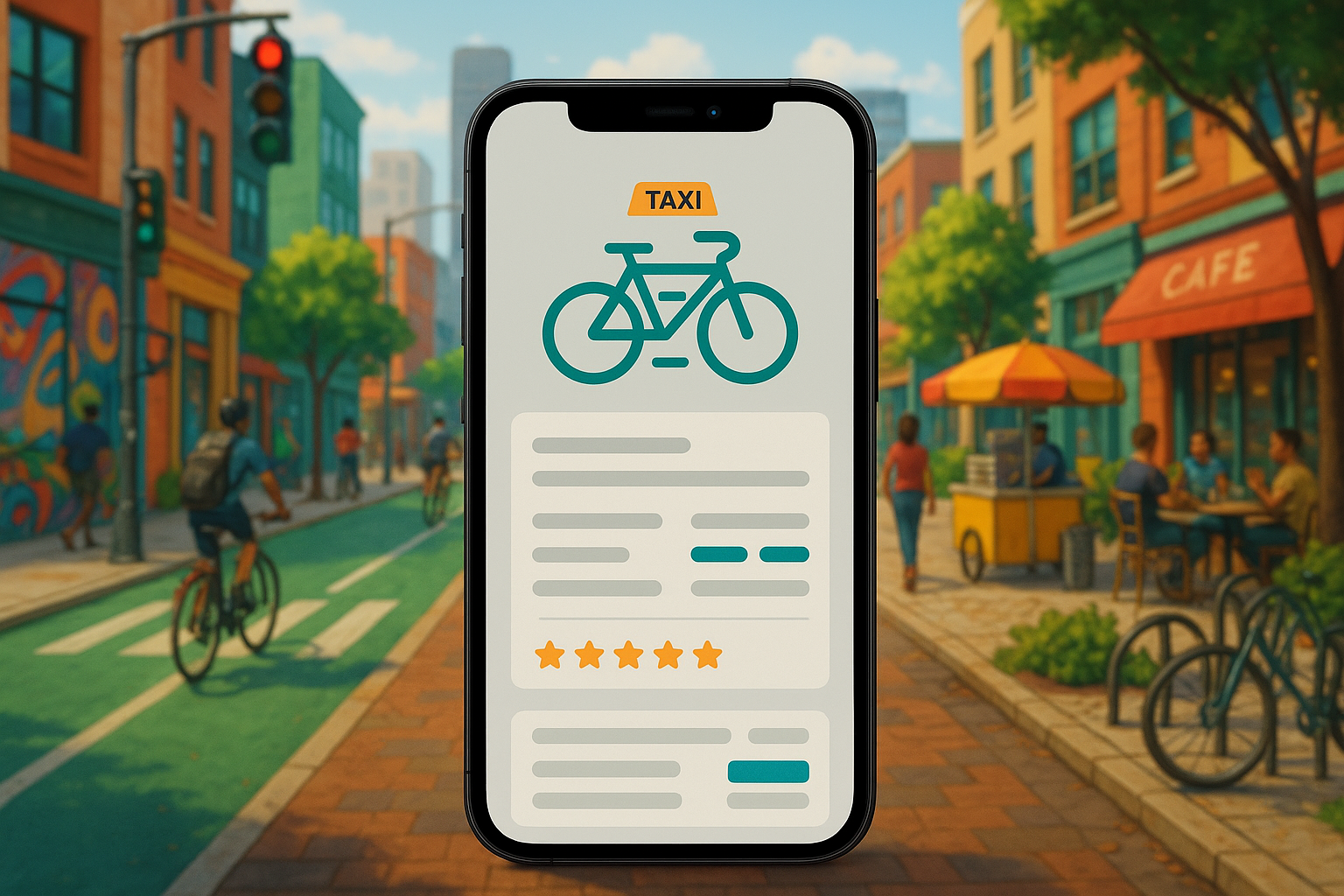Introduction
The world of sports betting is a multi-billion dollar industry, and mobile applications are at the heart of its explosive growth. For entrepreneurs and established businesses, launching a betting app seems like a direct path to a massive, engaged user base. However, the reality is that sports betting app development is a very tiring and challenging task. The path is riddled with complex legal obstacles, stringent app store regulations, and demanding technical requirements that can quickly derail even the most promising projects. Developing in-house is often not just difficult, but unfeasible for those without specialized experience.
This article serves as a comprehensive guide to navigating the intricate world of betting app development. We will explore what defines a modern betting app, dissect the primary reasons why building one in-house is so difficult, and outline the different deployment models you can consider. Furthermore, we will provide a realistic cost estimate for development and introduce the top development companies that can transform your idea into a market-ready product.
At MetaCTO, a leading US AI-powered app development firm, we specialize in building, growing, and monetizing complex mobile applications. With over 20 years of experience and more than 120 successful projects launched, we understand the nuances of integrating sophisticated features like betting into new or existing apps. We are here to be your technical partner, helping you navigate the development process from concept to launch and beyond, ensuring your app is not only functional but also scalable and profitable.
What is a Betting App?
At its core, a sports betting app is a mobile application that allows users to place wagers, or bets, on the outcomes of various sporting events. However, a modern, successful betting app is far more than a simple transaction platform. It is a sophisticated ecosystem designed to provide a seamless, engaging, and secure user experience. These applications must be powerful enough to handle immense amounts of real-time data while remaining intuitive and attractive to the user.
A high-quality betting app must integrate several critical components. This includes the ability to process safe and secure payment methods, allowing users to deposit and withdraw funds quickly and conveniently. The user interface (UI) and user experience (UX) are paramount; the app must feature a user-friendly, manageable, and attractive interface without any useless components that might confuse or perplex users. This is achieved through a decent color scheme, high-definition graphics, and the use of simple, clear language.
Behind the scenes, these apps rely on a constant stream of information. They must establish robust connections to live sports data feeds through APIs and websockets to receive continuous data streams. This allows the app to update odds and bets instantly based on live events, manage the reliability and latency of different data sources, and push real-time notifications to users about critical changes, such as shifting odds. Ultimately, a betting app is a dynamic, data-driven platform that combines the thrill of sports with secure, real-time wagering technology.
Reasons It Is Difficult to Develop a Betting App In-House
Embarking on sports betting app development is a formidable undertaking. The complexity of the task often surprises those new to the industry. The primary challenges are not just technical but also legal and logistical, requiring a level of expertise that most in-house teams do not possess. Here are the main reasons why this endeavor is so complex.
Legal and Regulatory Labyrinths
The single greatest obstacle in the sports betting industry is the legal framework. Before a single line of code is written or any marketing campaign is planned, you must navigate a maze of rules and regulations.
- Licensing is Mandatory: Acquiring a license is the primary duty of the app owner and the only way to legally enter the sports betting industry. Operating without one is illegal and will result in severe penalties.
- Complex Jurisdictional Laws: There is no universal license for sports betting. All countries and even different states or provinces within them have their own complex rules and regulations. This requires an exhaustive study of the laws in every single jurisdiction where you plan to operate.
- Marketing Restrictions: You cannot begin marketing your betting app until you have the necessary legal permissions and licenses in place. This can significantly delay your go-to-market strategy.
Navigating this legal landscape requires specialized legal counsel with experience in the gaming industry, a resource that can be both expensive and difficult to find.
App Store Constraints
Once you have a license, your next hurdle is getting your app published. Major platforms like the Google Play Market and Apple App Store have their own set of strict laws regarding gambling applications. Application developers may distribute sports betting apps, but only by adhering to a stringent set of rules and regulations. This includes verifying your legal license for every region you target, implementing robust age-gating systems, preventing access from non-licensed regions, and ensuring your app promotes responsible gaming. Failure to meet any of these requirements will result in your app being rejected or removed.
Demanding Technical and UX Requirements
The expectations of users for a betting app are incredibly high. The platform must be fast, reliable, and intuitive. An in-house team must have developers with specific, senior-level experience to meet these demands.
- User Interface and Experience (UI/UX): A betting app must have an attractive interface that is easy to navigate. It should be free of confusing elements, use high-definition graphics, and feature a clean color scheme. Building a UI/UX that meets these standards requires reliable and experienced developers who understand user behavior in a betting context.
- Secure and Fast Payments: Users need to trust your platform with their money. This means you must integrate safe, secure, and varied payment methods. These integrations must be seamless, allowing for quick and convenient deposits and withdrawals. This often involves complex compliance with financial regulations like PCI DSS.
The Challenge of Real-Time Data Integration
A sports betting app is only as good as its data. The app needs to be connected to multiple live sports data feeds to provide real-time odds, scores, and event updates. This is a significant technical challenge for an in-house team.
- API and Websocket Management: You must establish and maintain constant connections to data provider APIs. This involves handling real-time push updates, managing potential transmission lags, and ensuring the data is parsed and normalized into a standard, usable structure.
- Reliability and Latency: Your system must be able to manage the reliability, accuracy, and latency of different data sources. If a primary data feed goes down, your app must failover gracefully without interrupting the user experience.
- Platform API Development: Beyond consuming data, your platform itself must have its own secure, well-documented API. This involves developing JSON REST APIs with granular permissions, usage limits, and analytics. You’ll also need webhooks to push real-time notifications and SDKs in various languages to support potential partners.
Hiring an expert development agency like MetaCTO can mitigate these challenges. With our extensive experience in custom mobile app development, we have the expertise to handle complex third-party API integrations, build secure payment gateways, and design an intuitive user experience. Our team can manage the heavy lifting on the technical side, allowing you to focus on the business and legal aspects of your launch.
Different Types of Betting Apps
While most people think of a betting app as a single entity, the way users access the service can differ. Based on the facts from leading sportsbooks, there are primarily two models for deploying a betting application, each with its own strategic considerations.
1. Mobile-Only Apps
Some modern sportsbooks, like Fanatics Sportsbook, have opted for a mobile-only approach. This means their service is exclusively available through a smartphone app on platforms like iOS and Android, and they do not offer a desktop or mobile website version.
- Advantages: This strategy focuses all development and marketing resources on a single type of platform. It caters directly to the modern user who prefers the convenience of betting on the go. A mobile-first or mobile-only approach can lead to a more streamlined and optimized user experience specifically designed for smaller screens and touch-based interaction.
- Disadvantages: A mobile-only strategy inherently excludes a segment of the market that prefers to research, manage their account, and place bets on a larger desktop screen. It may be perceived as less accessible by some potential users.
2. Multi-Platform (Mobile App and Desktop Site)
The more traditional and common approach is to offer both a mobile app and a full-featured desktop website. This allows users to access the sportsbook from virtually any device with an internet connection.
- Advantages: This model provides maximum accessibility and meets the preferences of all user types. A desktop site can offer more complex features, detailed analytics, and a broader overview of betting markets that can be difficult to display on a small screen. It creates a sense of a larger, more established operation.
- Disadvantages: Developing and maintaining both a mobile app (or apps, for both iOS and Android) and a desktop site is more complex and costly. It requires ensuring a consistent user experience and brand identity across all platforms, which adds to the design and development workload.
The choice between these two models depends on your target audience, budget, and long-term business strategy. A Rapid MVP Development approach might favor a mobile-only start to test the market, while a well-funded enterprise may opt for a multi-platform launch from day one.
Cost Estimate for Developing a Betting App
One of the first and most critical considerations for any entrepreneur or business looking to enter this space is the cost. The development cost of a sports betting app similar to a major platform like FanDuel can range significantly, typically from $50,000 to $300,000. However, a simpler app can start from as low as $10,000, while a feature-rich application for more than one platform can easily go up to $80,000 or more.
This wide variation is influenced by several key factors. Understanding these factors is crucial for determining a realistic budget for your project.
1. App Complexity and Features
The single biggest driver of cost is the number and complexity of the features you choose to include. A basic app with simple user registration, betting, and payment features will be on the lower end of the cost spectrum. However, the price will increase substantially if you opt for high-end features.
- User Panel Features: These include things like user login, search functionality, betting lists, player information, payment modes, and user settings.
- Admin Panel Features: These are the tools you use to manage the app, such as a dashboard, user management, content management systems, and analytics reporting.
- Advanced Features: High-cost features that create a competitive advantage include:
- Live match streaming
- Multi-platform support (iOS, Android, Web)
- Expert analysis and content
- Multiple and alternative payment modes
- Leaderboards and social sharing
- AI-powered recommendations or insights
2. Technology Stack
The technology decisions made at the project’s outset will have a lasting impact on the budget.
- Platform Choice: Developing an app for iOS is often regarded as less expensive than developing for Android. This is due to the wider variety of devices and screen sizes in the Android ecosystem, which requires more extensive testing. Building for both platforms natively will nearly double the cost.
- Programming Language and Frameworks: The choice of programming languages (like Swift for iOS, Kotlin for Android), databases, and whether to develop natively or use a cross-platform framework (like React Native or Flutter) will affect the development timeline and, consequently, the cost.
3. The Development Team
The team you hire will significantly influence the final cost.
- Partner Choice: The cost will differ whether you hire freelancers, an in-house team, or a professional fantasy sports app development company. While freelancers may seem cheaper initially, a dedicated agency often provides a more optimized, efficient, and reliable development process.
- Geographical Location: The cost of development is also heavily affected by the location of your developers. Rates in North America and Western Europe are typically higher than those in Eastern Europe, Asia, or South America.
Determining your budget requires a clear understanding of your project’s scope. We recommend starting with a product strategy roadmap to define your MVP features and prioritize your development goals, which can help control costs while ensuring a successful launch.
Top Betting App Development Companies
Choosing the right development partner is arguably the most critical decision you will make. The right company brings not just coding skills, but also industry experience, strategic guidance, and a proven process. Here are some of the top companies in the sports betting app development space.
1. MetaCTO
As a top-tier, US-based mobile app development agency, we at MetaCTO are experts in turning complex ideas into market-leading applications. We specialize in Ai-enabled mobile app design, strategy, and development, guiding our partners from concept to launch and beyond. While many companies focus solely on building betting platforms from scratch, our strength lies in our ability to integrate sophisticated betting and iGaming features into any new or existing mobile app.
Integrating betting functionality is fraught with technical challenges. It requires deep expertise in handling real-time data streams from sports data APIs, ensuring low latency, building secure payment gateways, and developing robust backend systems that can manage thousands of concurrent users and transactions. An in-house team can quickly become overwhelmed by the need to parse and normalize disparate data feeds, manage push notifications for odds changes, and build a secure, scalable API for the platform itself.
This is where MetaCTO excels. We handle the entire complex process, transforming your big ideas into an app that’s better than you could have imagined. Our 90-day MVP service is designed to help you go to market faster, validate your concept with real users, and attract investors—all on a tight budget. With over 20 years of app development experience, we ensure your project is built right from day one. Whether you need to build a new app from the ground up or require a Fractional CTO to guide your technical strategy, we are the partner you can trust to deliver.
Other Leading Development Companies
The global market for sportsbook software is home to many skilled providers. Each offers a unique set of services and specializations. Here is a look at some of the other top companies in the industry.
| Company Name | Founded | Headquarters | Key Services/Specialties |
|---|---|---|---|
| Limeup | 2017 | London, UK | High-performance, customizable betting platforms; turnkey casino and sportsbook solutions with a strong focus on branding and individualization. |
| Aristocrat Interactive | 2024 | Las Vegas, NV, USA | Groundbreaking products with connected, immersive experiences; services include Content & aggregation, iGaming & sports, and iLottery. |
| Kambi | 2024 | Triq in-Negozju, Malta | Premium gambling tools using modern technologies like AI; services include Turnkey sportsbook, oddsfeed+, managed trading, and esports. |
| BR Softech | 2010 | Jaipur, India | Multi-platform sportsbook software with advanced analytics and unbreakable security; also specializes in HTML5, Web3, and Fantasy Sports. |
| Arland | 1997 | Graz, Austria | All-in-one system with pre- and live matches, cashout, and bonus systems; also offers iGaming consulting and marketing services. |
| GammaStack | 2012 | Indore, India | Fully configurable or ready-to-launch offerings, including turnkey and white-label sportsbook software, customizations, and integrations. |
| NuxGame | 2018 | Willemstad, Curacao | Services for online and offline gaming, including online casinos, sportsbooks, and crypto casinos, with over 370,000 monthly events. |
| Playtech | 1999 | Tartu, Estonia | Highly modular online sportsbook with a multiple-platform approach, integrable with accounting and payment systems; 180 global licenses. |
| EveryMatrix | 2008 | Tas-Sliema, Malta | B2B software for iGaming, casino, and sports, offering over 110,000 events monthly across 125+ sports with a focus on user engagement. |
| Betfoc | 2013 | Dubai, UAE | Full spectrum of gaming services using AI/ML tech, big data analytics, and cyber security services to create innovative sportsbook networks. |
| Innosoft Group | 2013 | Indore, India | Full-fledged packages for bookmakers with a focus on personalization, cross-platform availability, and risk management. |
| SOFTSWISS | 2008 | Gzira, Malta | Feature-rich sportsbook with over 200 available sports, specializing in international licenses and high-security systems. |
| BetConstruct | 2003 | London, England | Feature-rich solution covering 120+ sport types, risk management tools, and powerful management tools for operators. |
| Crustlab | 2017 | Krakow, Poland | Exemplary platforms and apps for a broad range of niches, including casino mobile development and sportsbook web development. |
| NSoft | 2008 | Mostar, Bosnia and Herzegovina | All-in-one sportsbook outputs for betting operators, including a Turnkey suite with over 40 live betting sports and 890,000+ events yearly. |
Conclusion
Developing a sports betting app is a journey filled with significant challenges, from navigating the labyrinth of international gaming laws to mastering the complex technical integrations required for a real-time, data-driven platform. As we’ve covered, the high costs, stringent app store regulations, and immense UX demands make in-house development a perilous path for the uninitiated. The decision to build a mobile-only app or a multi-platform solution further adds to the strategic complexity.
However, these obstacles are not insurmountable. With the right strategy and the right technical partner, launching a successful and profitable betting app is well within reach. By understanding the costs, features, and regulatory hurdles, you can create a realistic plan for your project. Partnering with an experienced development company removes the guesswork and technical burden, allowing you to focus on your business goals.
If you are ready to bring your vision to life or want to integrate powerful betting and gaming features into your existing product, the path forward starts with a conversation. We invite you to talk with a betting expert at MetaCTO. Let’s build your app the right way, from day one.






